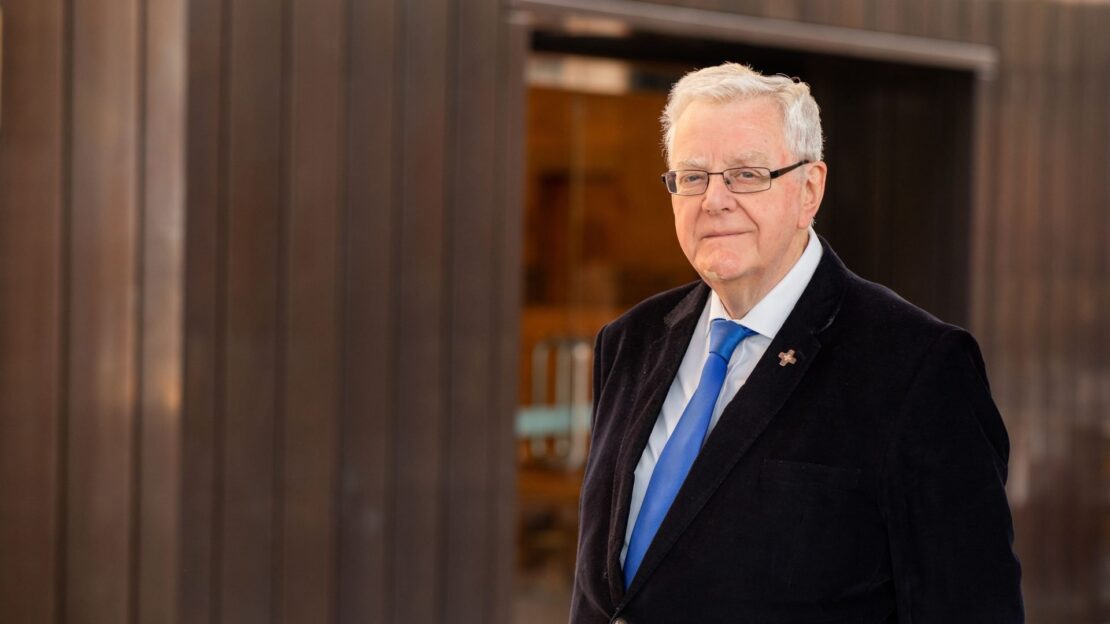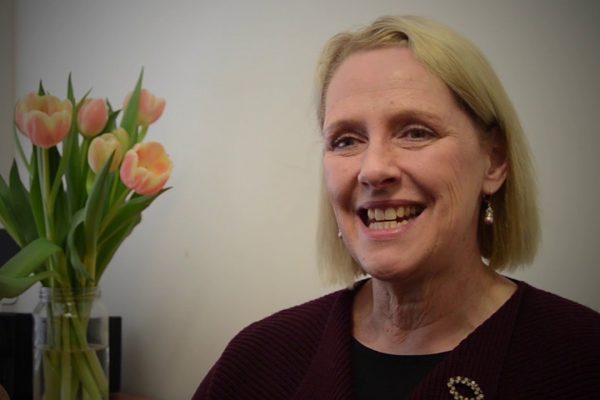Viaticum: Sacrament for the Dying
The name ‘Viaticum’ comes from the Latin for food for the journey. This is the sacrament which is proper to the dying Christian. And whenever and wherever possible it should take the form of the full celebration of the Eucharist. However, it is not always possible to have a whole celebration of the Eucharist with dying people either because of their illness or because of their confinement in a hospital or hospice or even in their own home. Viaticum is then celebrated without the full Mass, as a form of receiving communion outside Mass.
The Eucharist as Viaticum is the real ‘last rite’ for the dying Christian. It is their food for the journey through death into the life of the resurrection. Just as in every Eucharist, we celebrate Jesus’ journey through death into life, so the Eucharist is the most appropriate thing we can do for one of his disciples as they are entering upon that same journey through death into life.
There are some distinctive features of the celebration of Viaticum in both its celebration within the Mass and its celebration outside of Mass. After the Liturgy of the Word, there is a baptismal profession of faith in which the dying person can affirm their faith. This takes the form of the Apostles creed but done in question form as it is done at the Easter Vigil for instance.
Then there is a Litany of Prayer which has he following form:
You loved us to the very end and gave yourself over to death in order to give us life, for our brother/sister, Lord, we pray:
You said to us: ‘All who eat my flesh and drink my blood will live forever.’ For our brother/sister, Lord, we pray:
You invite to join in the banquet where pain and sorrow, sadness and separation will be no more. For our brother/sister, Lord, we pray.
Then comes the Communion Rite including the sign of peace and communion can be given under both the species of bread and wine if this is possible and appropriate.
The Eucharist is presented to the dying person with one of the following invitations specific to this celebration: “Jesus Christ is the food for our journey; he calls us to the heavenly table” or “This is the Lamb of God who takes away the sins of the world. Happy are those who are called to his supper.” Or “These are God’s holy gifts to his holy people: receive them with thanksgiving.” These are replied to with the usual formula: “Lord, I am not worthy…..”.
After the dying person – and others present – have received the Eucharist, the priest says to the dying person: “May the Lord Jesus Christ protect you and lead you to eternal life. Amen.”
A wide range of suggested prayers and readings are offered. From these, texts appropriate to the particular circumstances of the dying person and their family can be chosen.
By Fr Frank O’Loughlin




Comments
Add Comment